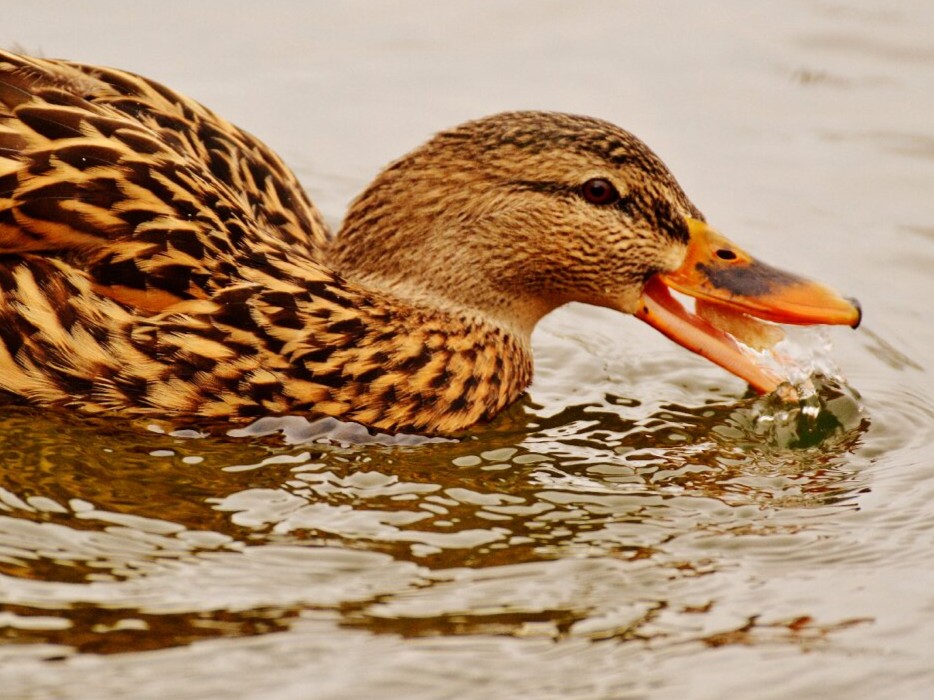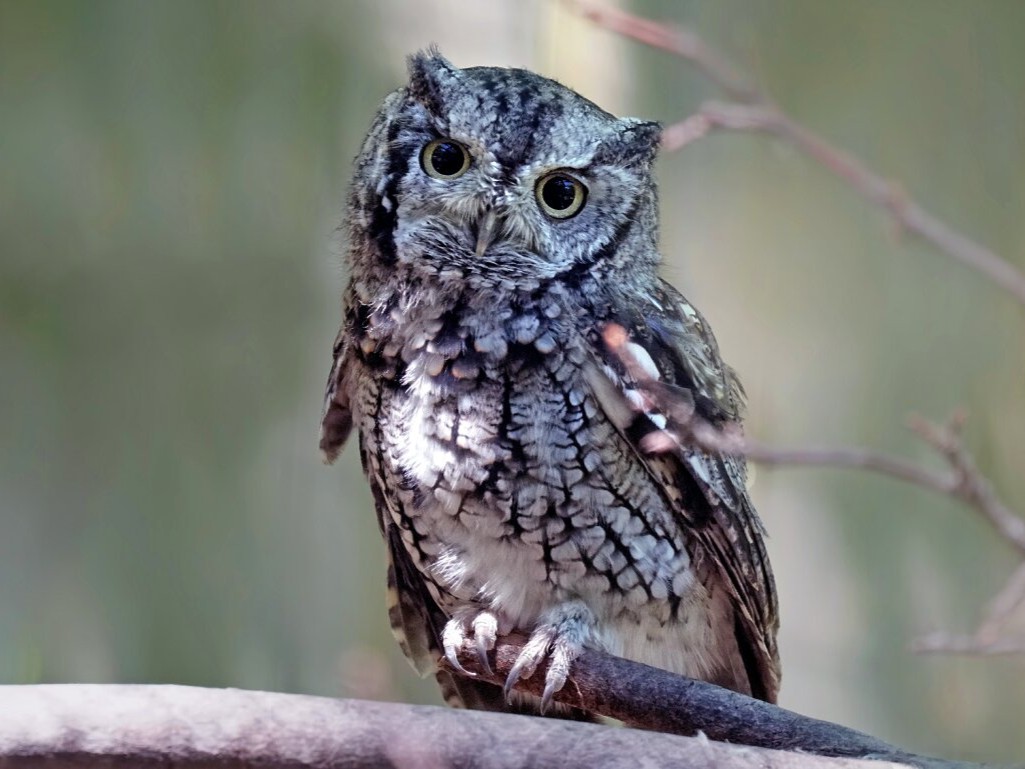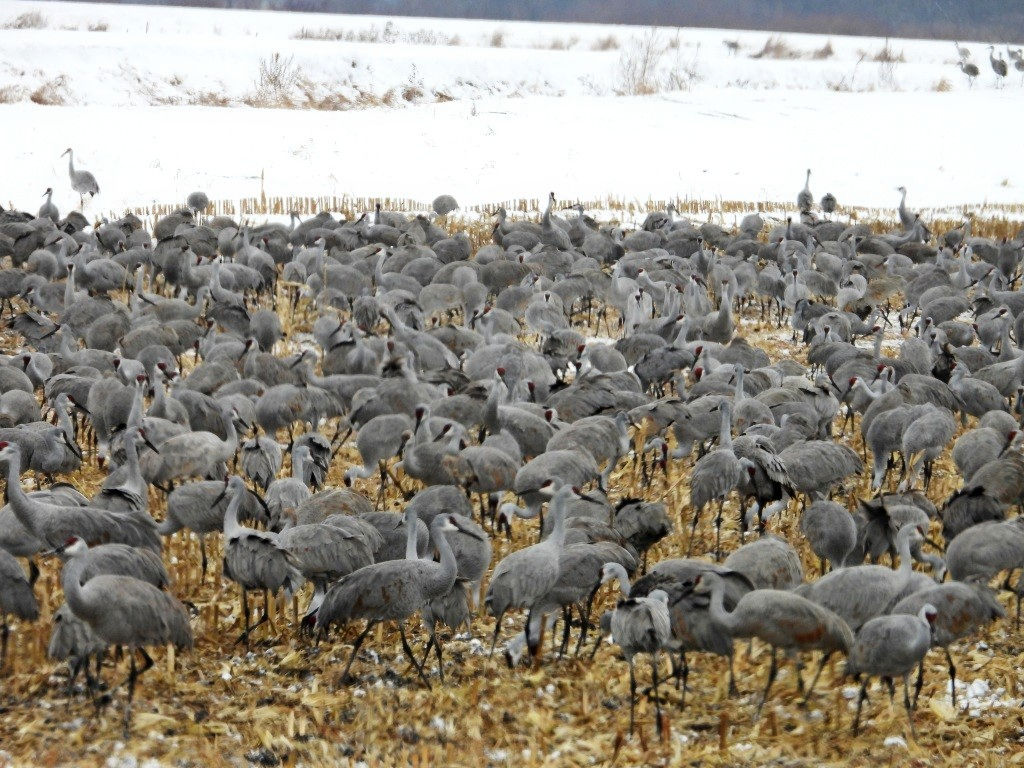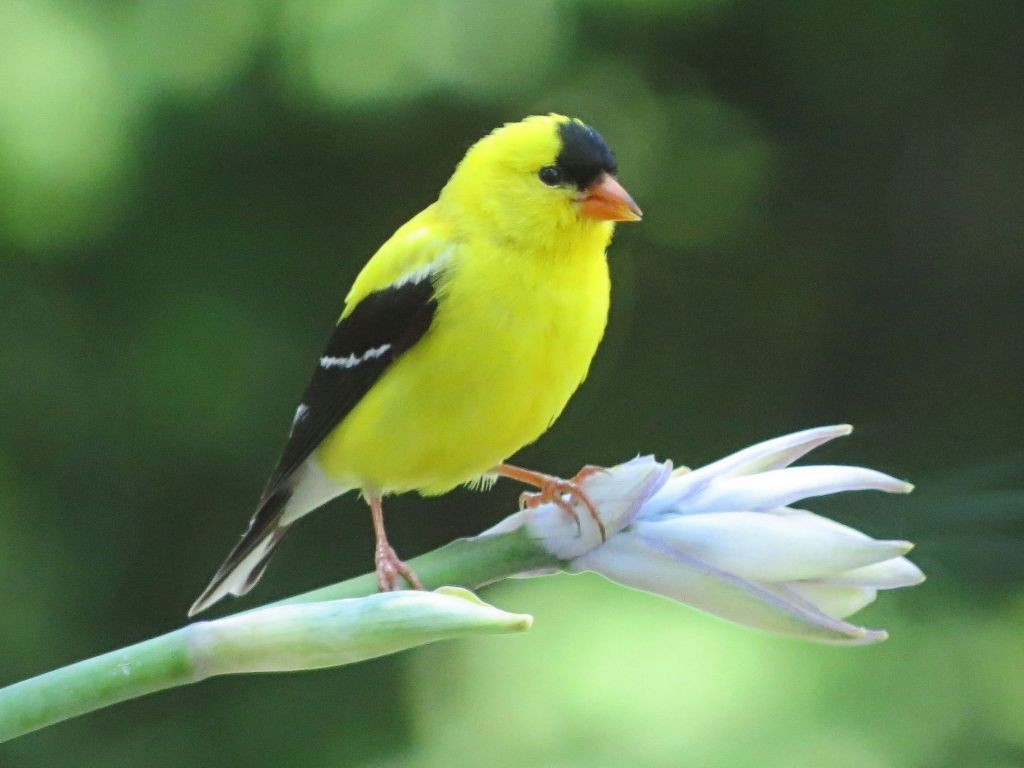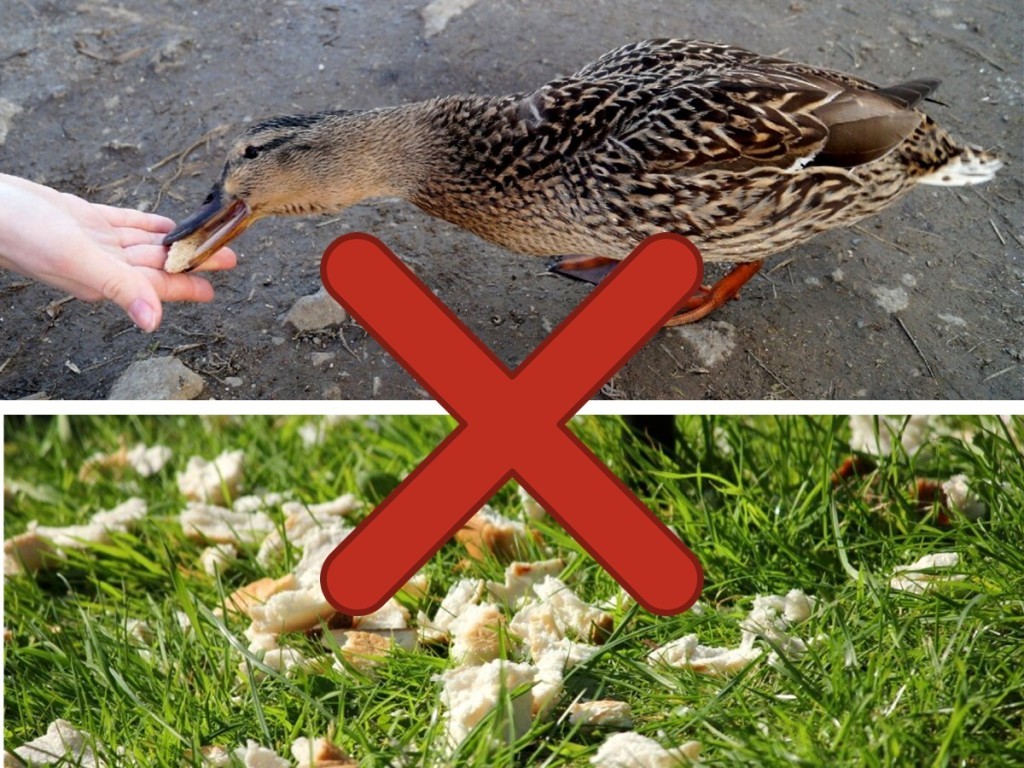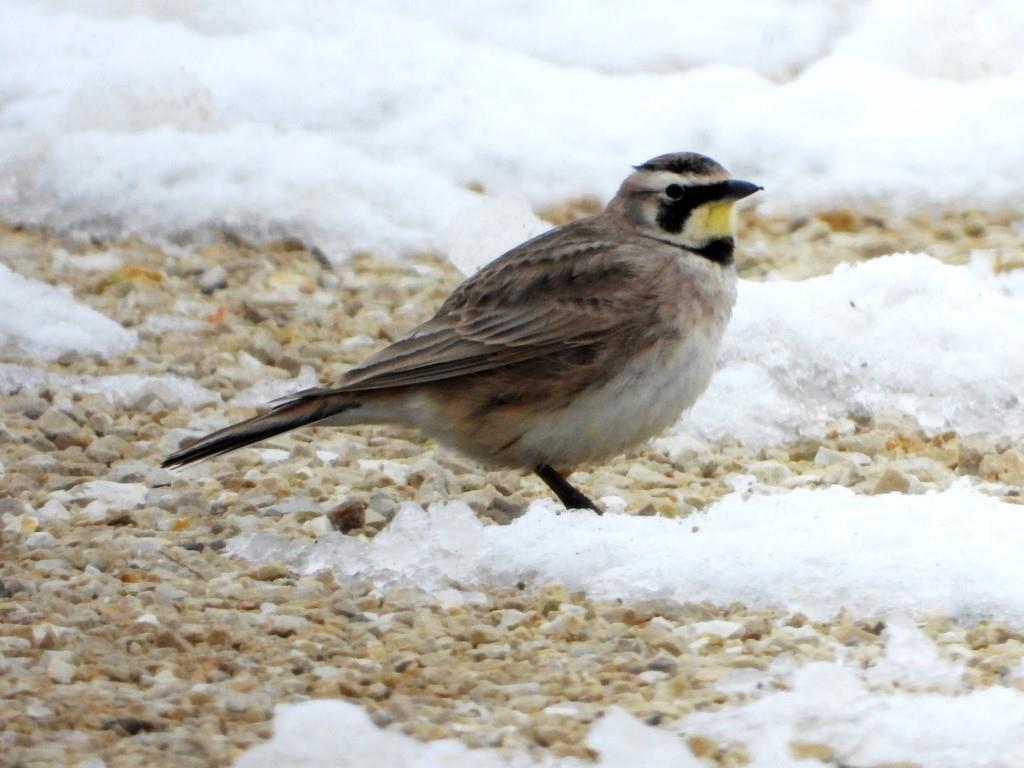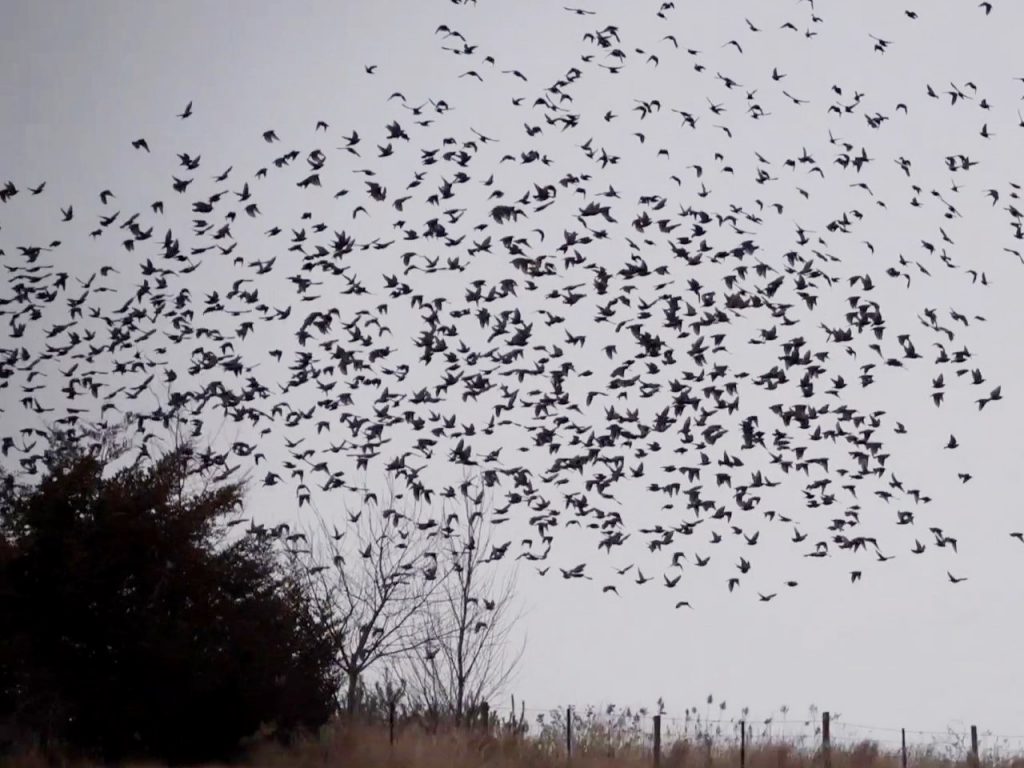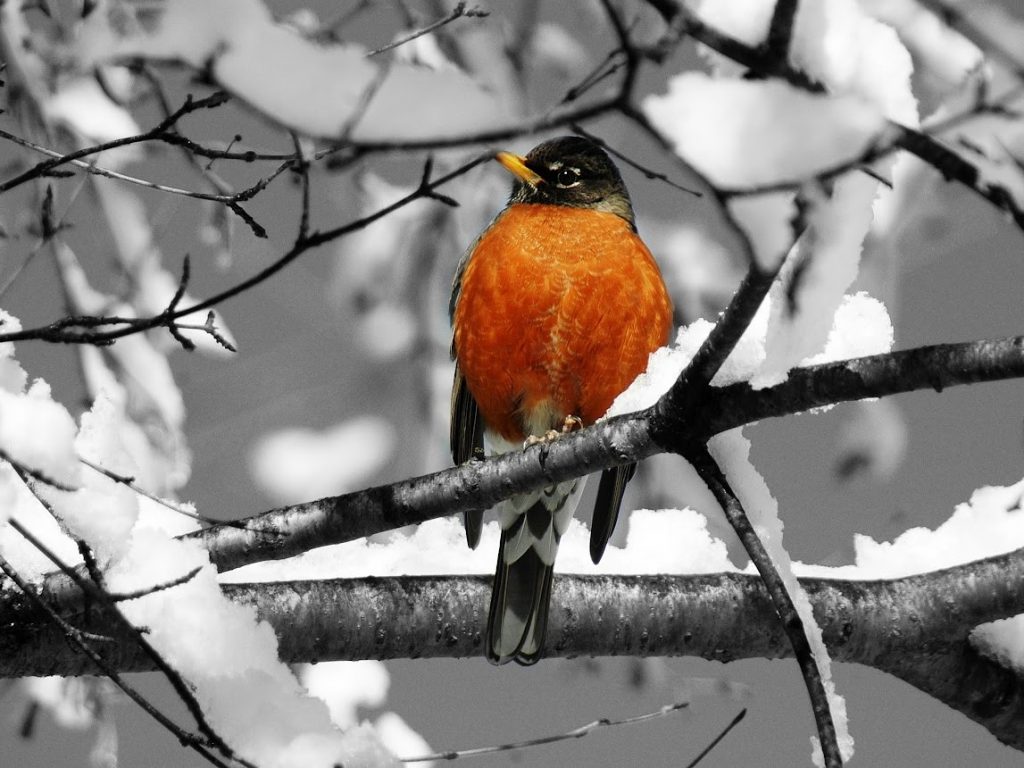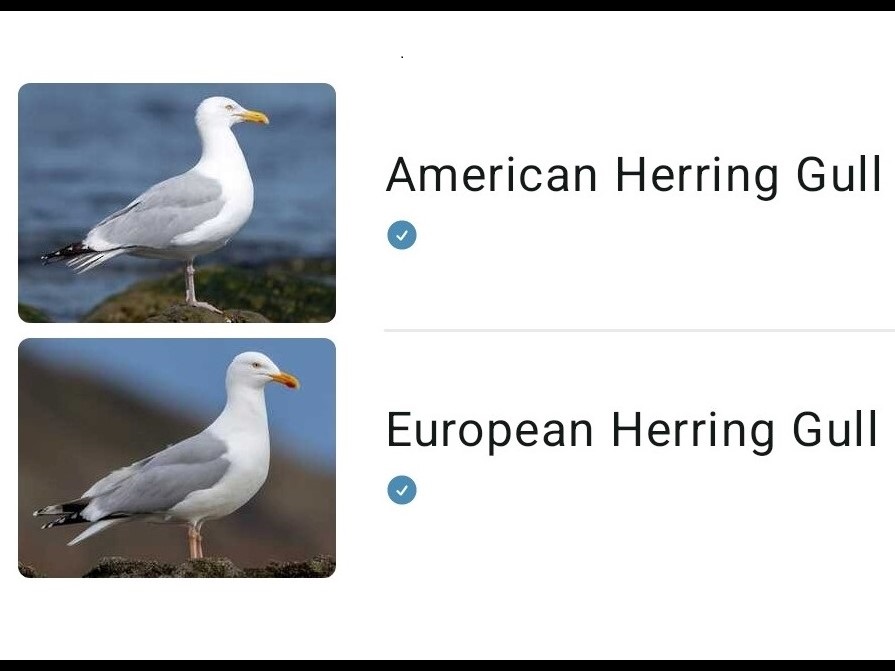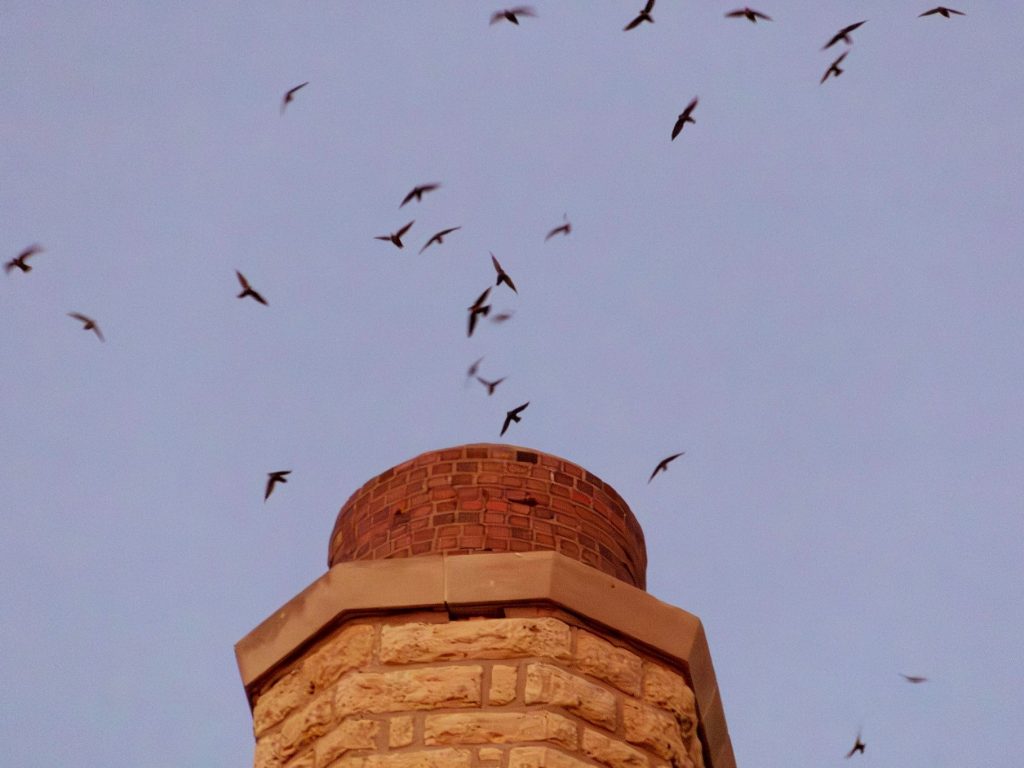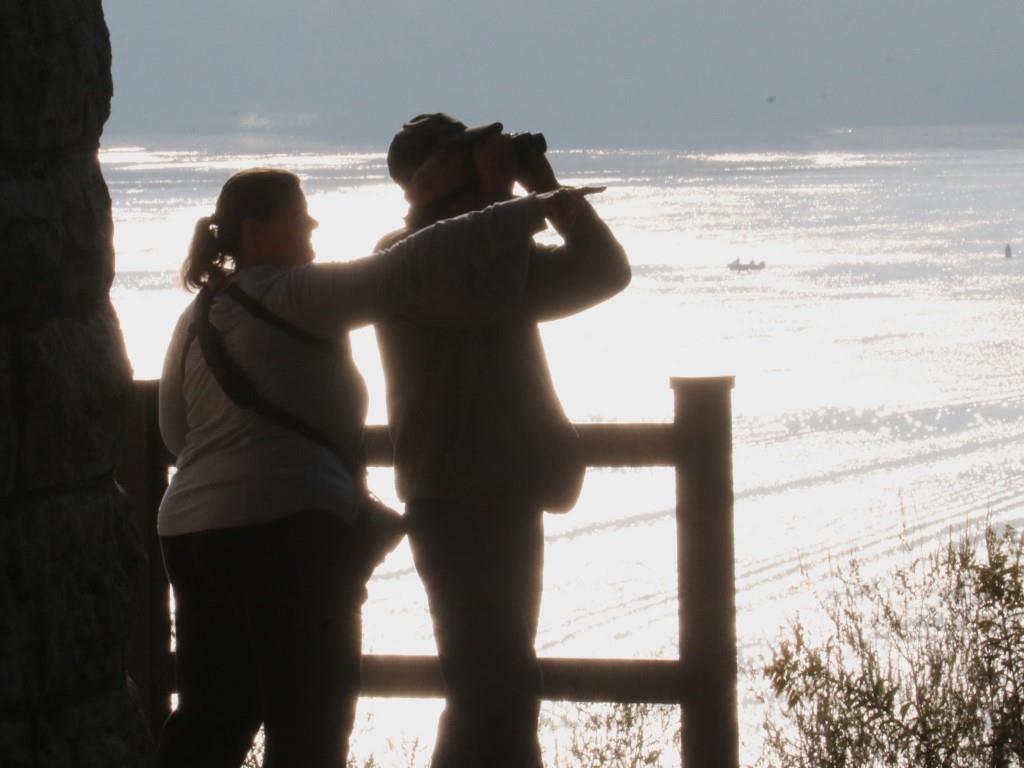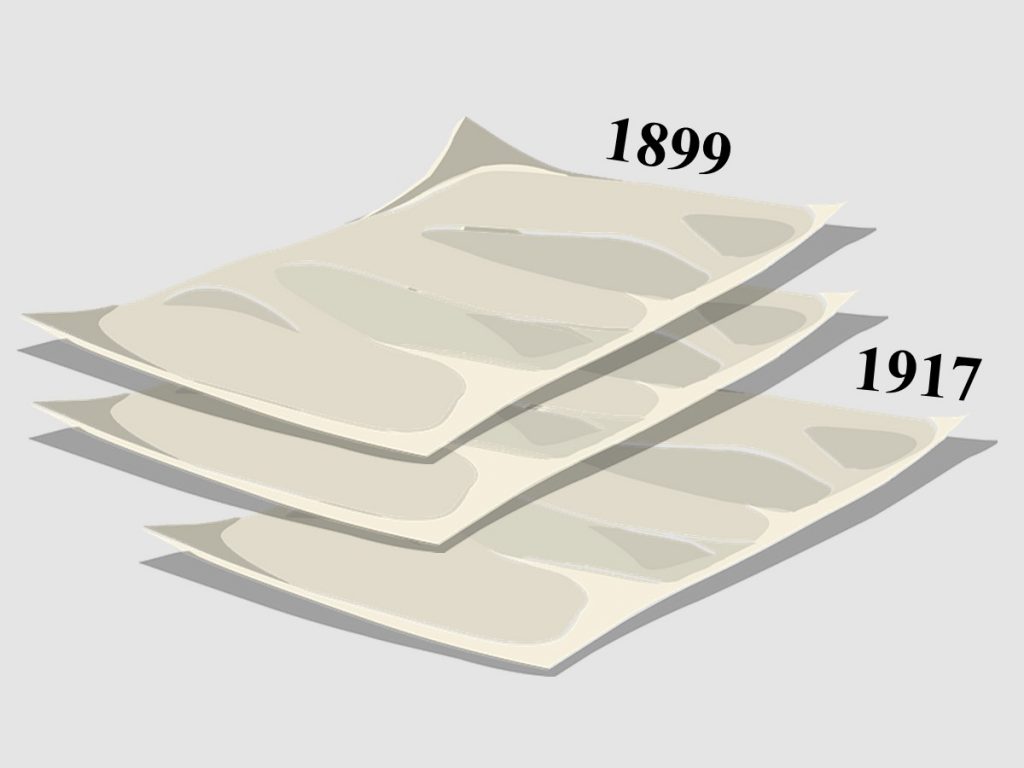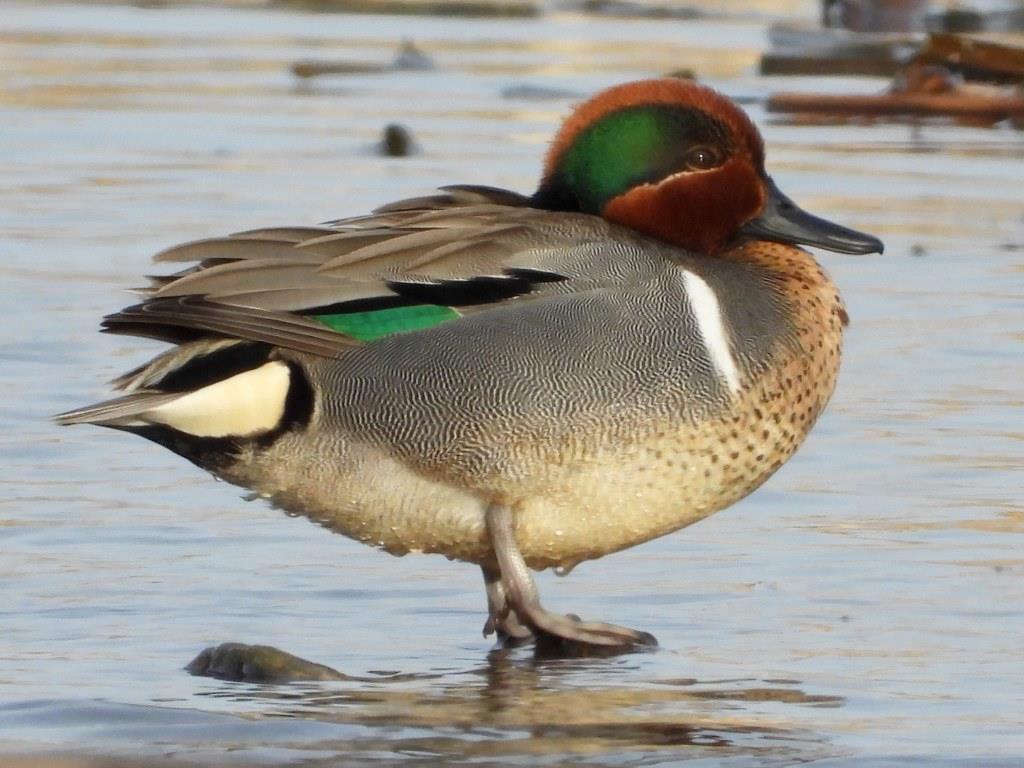
By Kevin Koch
[from fall 2025 newsletter]
The next time you’re tempted to feed the birds from that bag of bread, think again! You might just be depriving your feathered friends of a broader range of nutrition they’ll need throughout the year.
The next time you’re tempted to feed the birds from that bag of bread, think again! You might just be depriving your feathered friends of a broader range of nutrition they’ll need throughout the year.
While bread does contain carbohydrates, bird specialist Dr. David Shealer, Professor of Biology at Loras College in Dubuque, IA, points out that birds also need proteins and fats in their diet, especially as they head into spring nesting and—depending on the species—fall migration or a Midwestern winter.
Birds can get their protein from eating insects, earthworms, and other invertebrates. Seeds and nuts can provide fats. (Some birds add calcium to their diet by swallowing small pebbles, which will be ground up in the bird’s “crop,” an organ that mammals do not possess.) The danger is that too many carbs from bread can reduce their appetite for other food sources and hence deprive them of wider nutrition.
In addition, a too predictable and steady supply of bread from well-meaning enthusiasts can lead birds to become dependent on these easily-obtained meals, much like a human might become dependent on the ease of fast food. Birds—especially geese and ducks—congregating around bread-feeding humans can also cause environmental havoc through their too-crowded feces leeching into lakes, streams, and rivers.
At the same time, Shealer approves of yearround nutritional feeding of birds. Ounce per ounce, birds typically have a higher metabolism than mammals and require more frequent nutritional re-fueling, sometimes more than what our paved-over world can provide.
To that end, suet is rich in the fats needed for long migratory hauls or for winter shivers. Shealer recommends black oil sunflower seeds as the best overall seed-based feed, providing fat, protein, and fiber. The seeds also provide minerals such as calcium and iron. And their thin shells are easier for birds to crack open and eat, compared to other sunflower seed varieties.
Shealer recommends the black oil sunflower seeds, too, over cheaper variety mixes of bird seed that can also be purchased in stores. “Birds often spit out the lesser seeds” from the variety packs, he says, resulting in “a lot of waste.”
In his own yard, Shealer also likes to put out orange halves and grape jelly to attract fruit-consuming birds like orioles and catbirds. Shealer also dispelled several bird-feeding myths. One myth is that bird feeders should not be stocked during the summer. Rather, he says, birds benefit from the proteins, fats, and good carbs that bird seed and suet can provide.
A second old myth needing to be dispelled is that rice shouldn’t be thrown at weddings because birds will ingest the rice, which will in turn expand in their warm, moist stomachs and cause discomfort or worse. There may be other reasons not to throw rice at weddings, but a concern for birds need not be among them, as many species of birds feed regularly on rice and other grains.
Feeding bread to birds can be a favorite activity with small kids in tow or for a bird enthusiast wanting to draw the animals around him or herself. Good intentions aside, though, it’s best not to introduce this artificial food source into their diets.
Instead, it’s preferable to put up a bird feeder stocked with more nutritional, natural foods. Or to use your best binoculars to observe the birds in their natural feeding settings.
Kevin Koch is Professor Emeritus of English at Loras College, where he taught for 42 years. Many of his courses were nature-based writing workshops.

